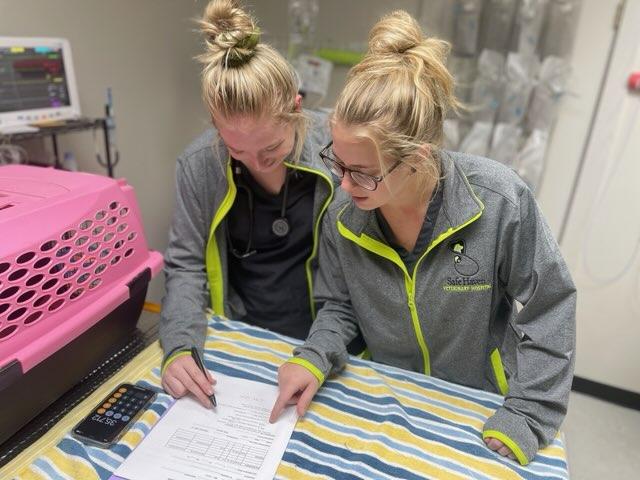Internal Medicine
A veterinary internal medicine specialist, commonly referred to as an internist, specializes in internal medicine, focusing on the diagnosis and treatment of conditions affecting animals' internal organs.
With extensive training, they possess expertise in identifying and managing a wide range of congenital and acquired diseases. This encompasses gastrointestinal tract disorders, the hepatobiliary system (involving the liver and gallbladder), the urinary system, and the respiratory tract. Internists also manage infections, autoimmune disorders, and hormonal imbalances.
Given the often complex nature of internal medicine cases, especially in older animals with multiple chronic conditions, internists develop intricate treatment and monitoring plans to ensure optimal care. They comprehensively understand each condition, their interplay, and how to effectively balance therapies to maintain the patient’s quality of life.


Internists utilize advanced tools and techniques beyond routine laboratory work and radiology to deliver superior pet care. These specialized resources include:
- Ultrasound of the abdomen, chest, or other areas
- Ultrasound-guided fine-needle aspirates of internal organs
- Endoscopy involves using a rigid or flexible camera to evaluate and obtain samples of various organs, including nasal passages, lower airway, esophagus, stomach, small intestinal tract, and colon. Endoscopy is also helpful in the removal of foreign material from the organs, often preventing the need for invasive and expensive surgical removal.
- Bone marrow sampling, both aspirate and biopsy
- Temporary feeding tube placement in the esophagus or stomach to provide nutritional support and/ or a way to medicate ‘strong willed’ pets during treatment and recovery

